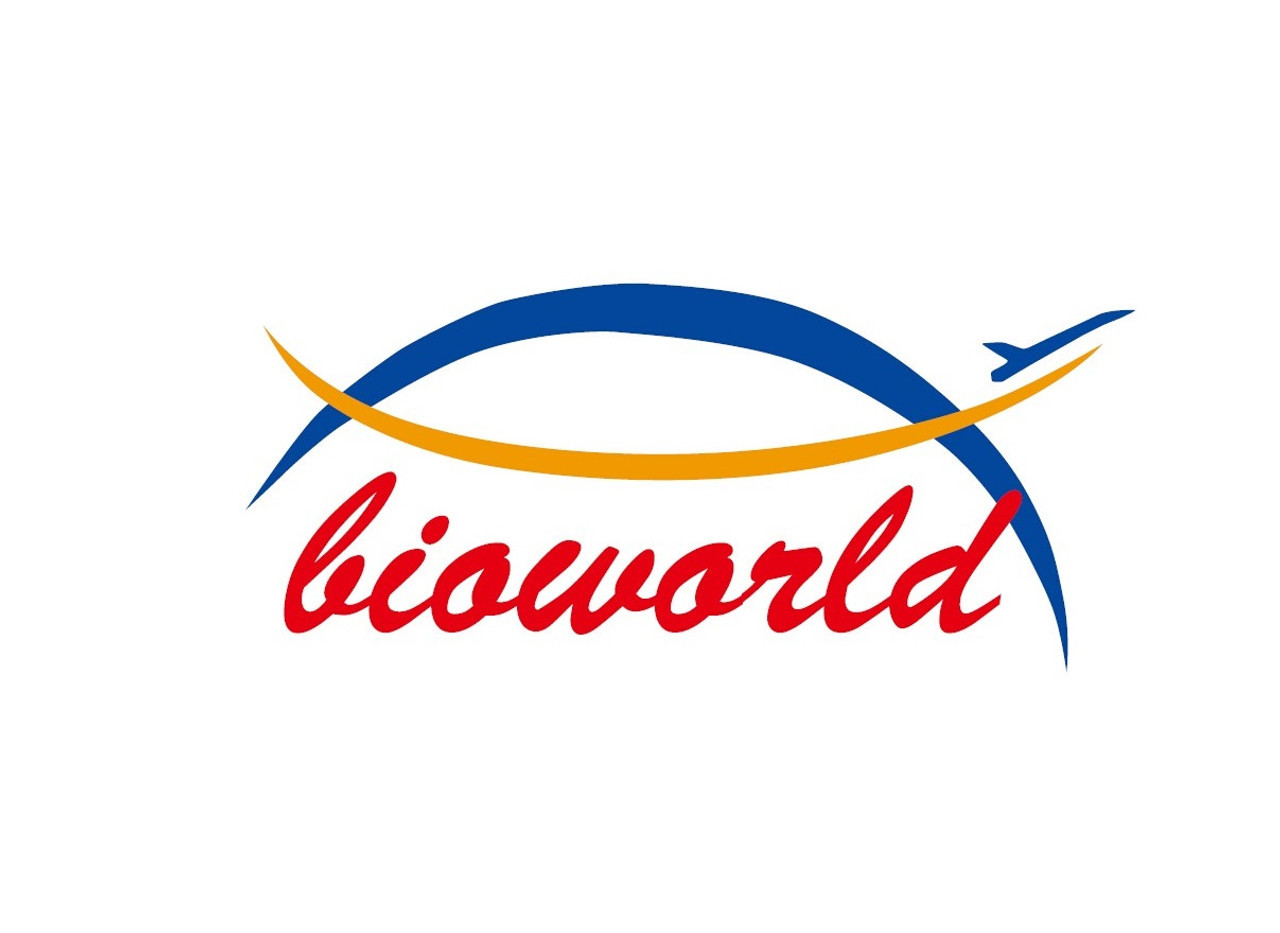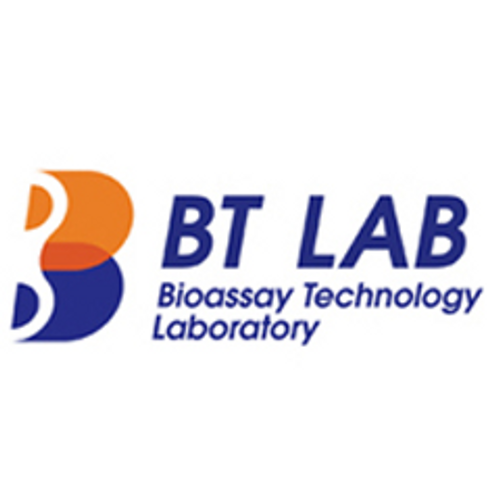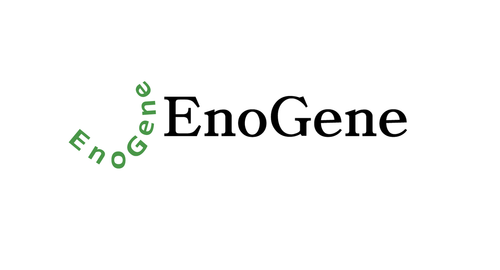Product Description
Cot (phospho-T290) polyclonal Antibody | BS4051 | Bioworld
Host: Rabbit
Reactivity: Human,Mouse,Rat
Application: IHC IF
Application Range: IHC: 1:50~1:200 IF: 1:50~1:200
Background: The role of mitogen-activated protein kinases (MAPKs) in cell signaling pathways is well established. The rat gene Tpl-2, for tumor progression locus 2, and the human and mouse homologues c-Cot, for cancer osaka thyroid oncogene, encode a proto-oncogene serine/threonine protein kinase that was shown to play a role in the functional activation of the MAP kinase pathway. Overexpression of Cot induces MAP kinase activation in COS-1 and NIH/3T3 cells. Cot-mediated activation of MAP kinase is inhibited by both Ras N17, a dominant negative mutant of c-H-Ras, and Raf-1s621A, a dominant negative mutant of Raf-1, suggesting that Cot functions upstream of Ras and Raf-1.Other studies have shown that a kinase-negative, dominant negative mutant of Cot partially blocks Ras or Raf-1-induced MAP kinase activation, arguing that Cot functions downstream of Ras and Raf-1.
Storage & Stability: Store at 4°C short term. Aliquot and store at -20°C long term. Avoid freeze-thaw cycles.
Specificity: p-Cot (T290) polyclonal Antibody detects endogenous levels of Cot protein only when phosphorylated at Thr290.
Molecular Weight: ~ 53 kDa
Note: For research use only, not for use in diagnostic procedure.
Alternative Names: Mitogen-activated protein kinase kinase kinase 8; Cancer Osaka thyroid oncogene; Proto-oncogene c-Cot; Serine/threonine-protein kinase cot; Tumor progression locus 2; TPL-2; MAP3K8; COT; ESTF
Immunogen: Synthetic phosphopeptide derived from human Cot around the phosphorylation site of Threonine 290.
Conjugate: Unconjugated
Modification: Phosphorylation
Purification & Purity: The Antibody was affinity-purified from rabbit antiserum by affinity-chromatography using epitope-specific immunogen and the purity is > 95% (by SDS-PAGE) .
Pathway: Phospholipase Signaling,G Protein-coupled Receptors Signaling to MAPK Erk,
 Euro
Euro
 USD
USD
 British Pound
British Pound
 NULL
NULL







![Phospho-MAP3K8 (T290) Antibody [APR05183G] Phospho-MAP3K8 (T290) Antibody [APR05183G]](https://cdn11.bigcommerce.com/s-452hpg8iuh/images/stencil/500x659/products/867003/1159070/logo__92149.1659788186__90625.1659863459.png?c=2)




